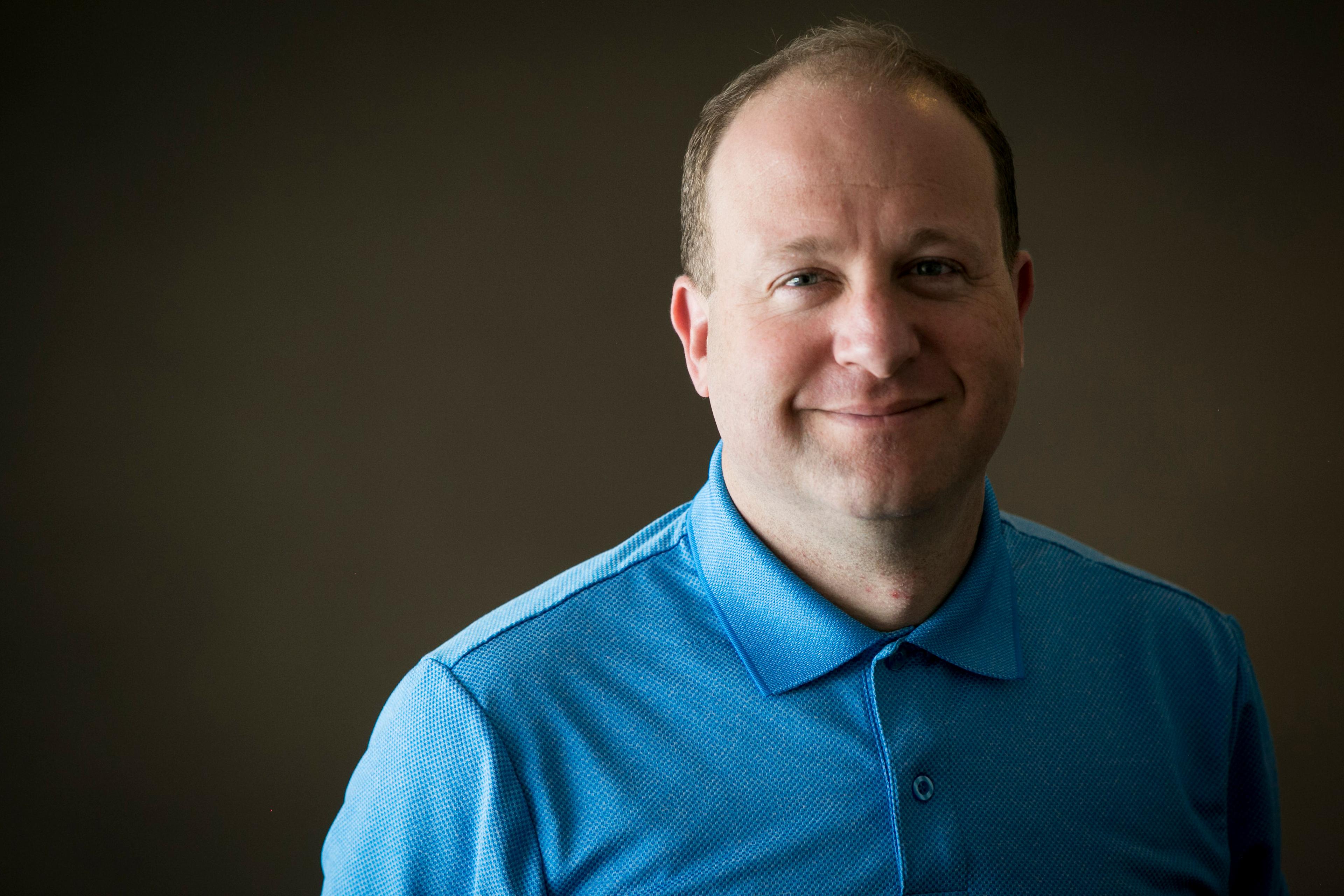
Jared Polis’ Money
Congressman Jared Polis has spent an unprecedented amount money on his campaign for governor. By the latest count, he’s donated $18.3 million of his own money. That’s more than the total candidate spending in the 2014 gubernatorial race. The Democratic nominee says self-financing buys him political independence. Unlike his opponent, he refuses donations from corporations and special interests, which he argues frees him to push bold proposals. Meanwhile, Republican nominee Walker Stapleton accuses Polis of trying to buy the election. These opposing talking points raise bigger questions. What does it mean for democracy when someone is ready, and able, to spend whatever it takes on a campaign? How does that change the dynamics of a race? And where does it leave voters? This episode looks back at the origin of the candidate’s fortune and how it’s long been a potent force in Colorado politics. And we’ll explore why he’s likely to be far from the last wealthy candidate in the state or the country.

By Sam Brasch
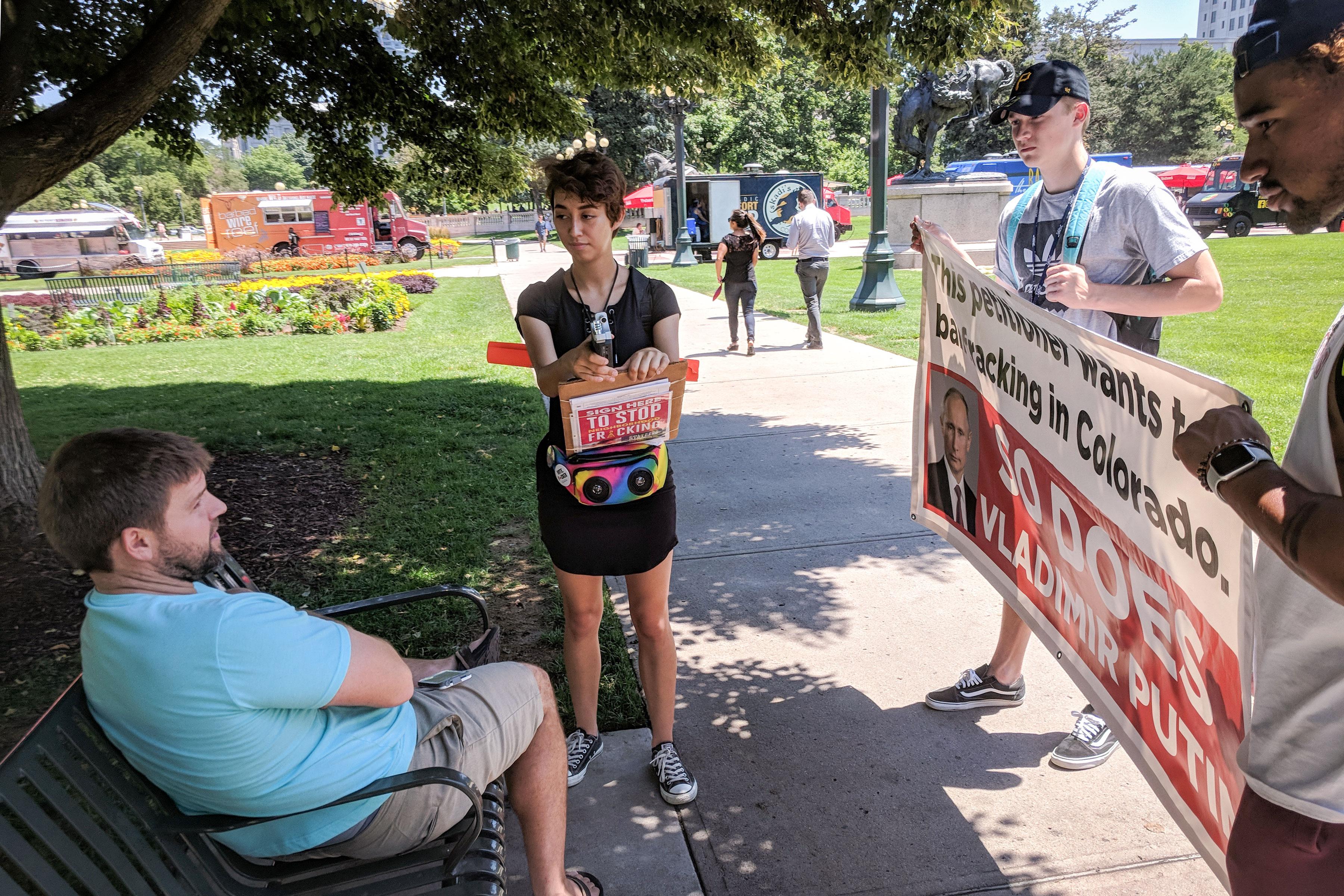
The Signature Wars
In Colorado, voters have incredible power to pass laws at the ballot. The initiative process was born out of the Progressive Era. Reformers hoped that by giving people a say in state government, they could check special interests and their influence over lawmakers. Things haven’t gone exactly as planned. Today, the initiative process is often Colorado’s highest-stakes political poker game, attracting a wide range of corporations and wealthy donors. So has direct democracy made Colorado voters into scientists in the laboratory of democracy? Or the test subjects?

By Sam Brasch
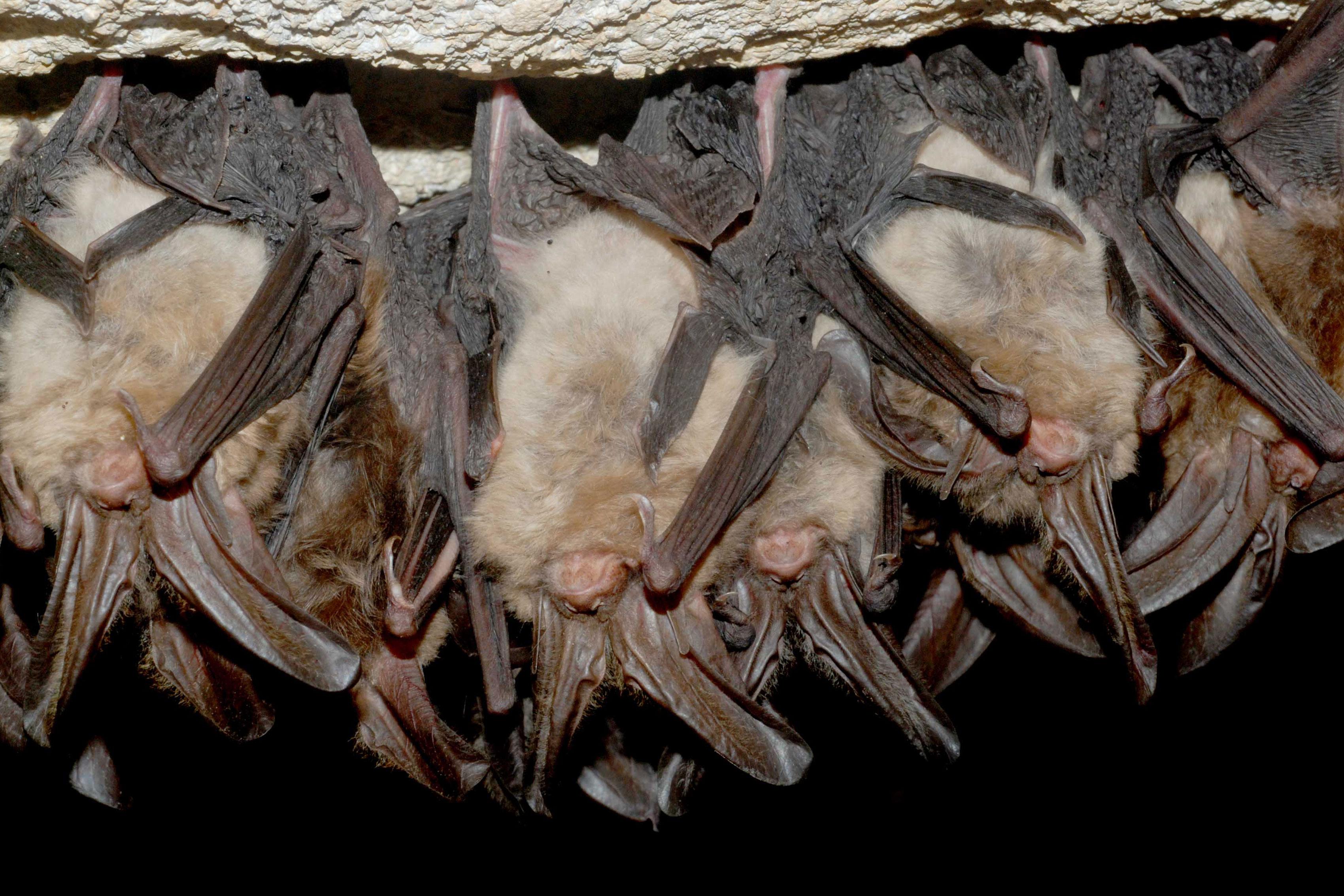
Wild Sounds Of The West: ‘Bats Are The Denizens Of The Dark’
Bats are an animal that’s really hard to get to know. It doesn’t help that they only come out at night.

By Sam Brasch
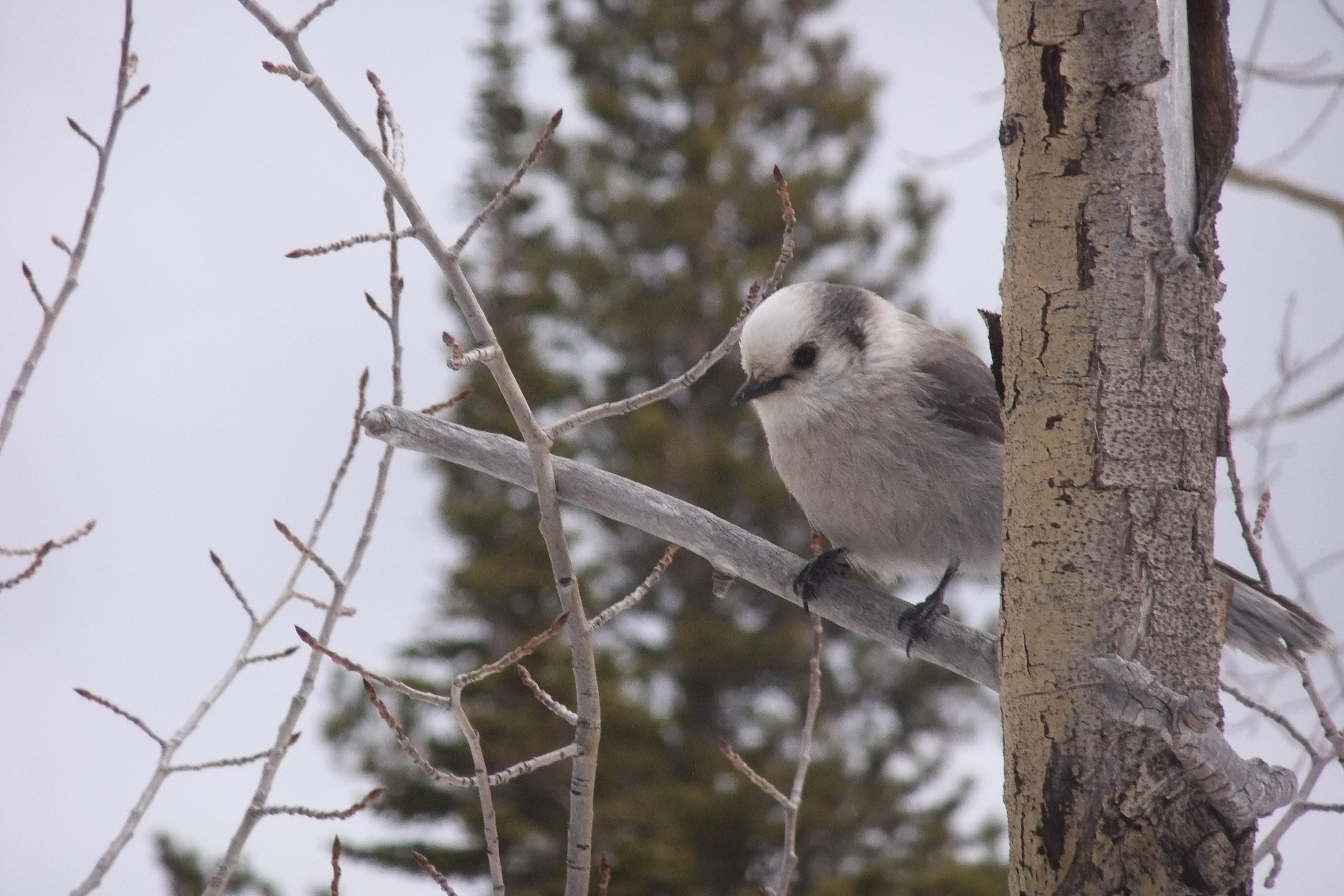
Wild Sounds Of The West: Birdsong Is The Soundtrack Of Rocky Mountain Nat’l Park
So much about national parks appeals to the eyes. But what about how they sound?

By Sam Brasch
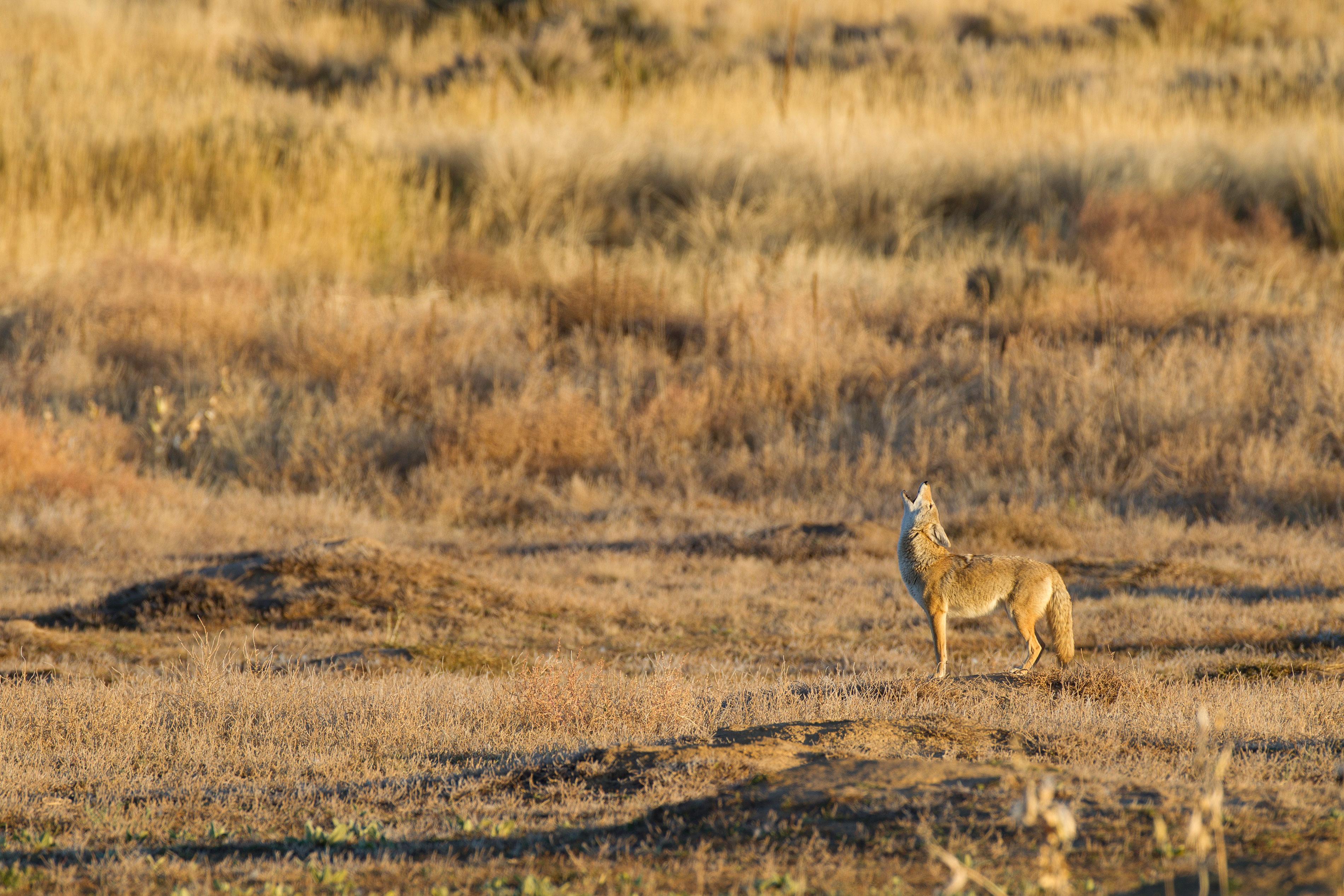
Wild Sounds Of The West: The Territorial Chorus Of Coyotes’ Group-Yip-Howl
Biologists say coyotes sing a particular songs once they have settle in an area. It’s called the group-yip-howl.

By Sam Brasch
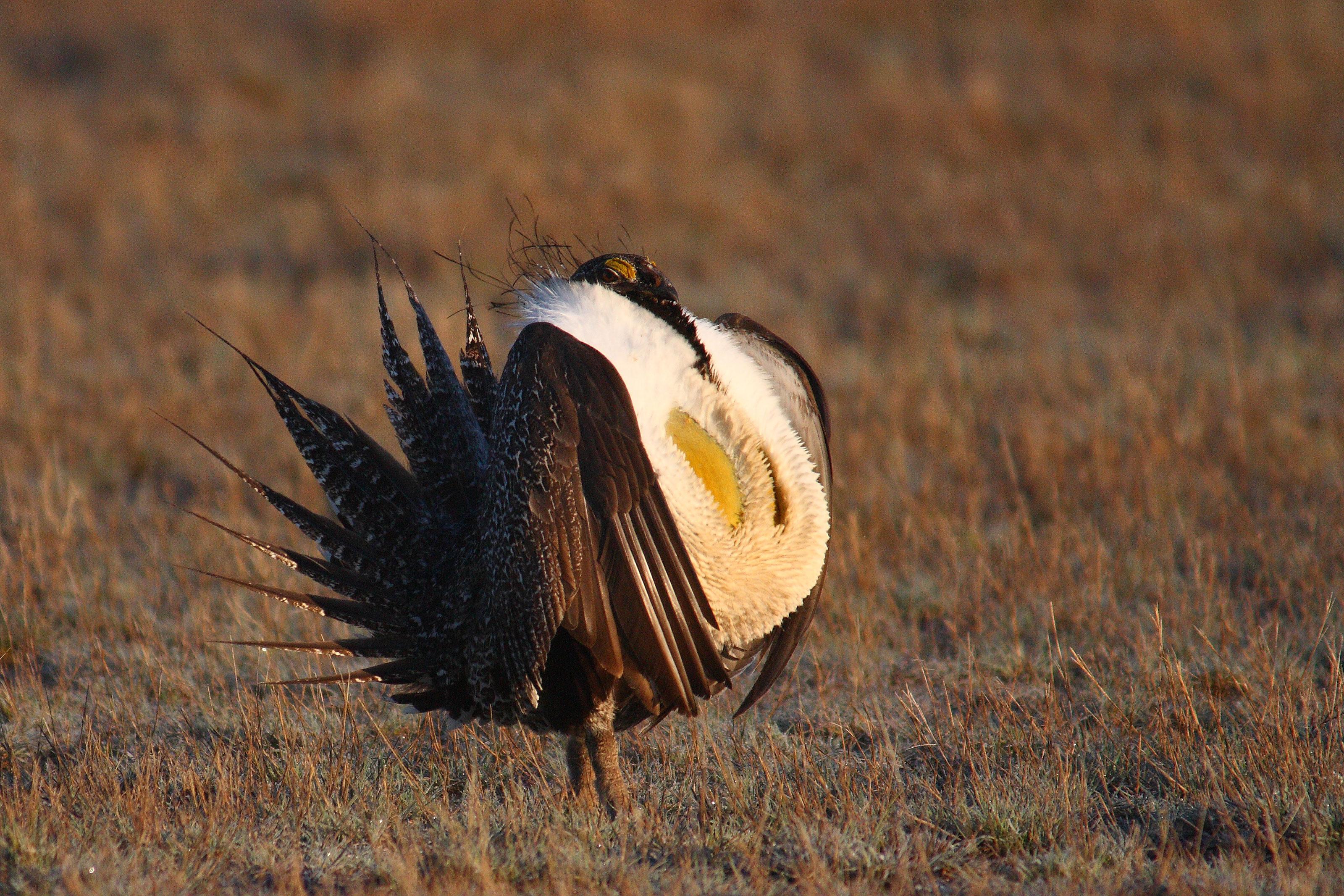
Wild Sounds Of The West: Sage Grouse Are The Romantic Crooners Of The Prairie
“It’s just an amazingly rich sound of bubbling water percolating through the dry sage brush.”

By Sam Brasch
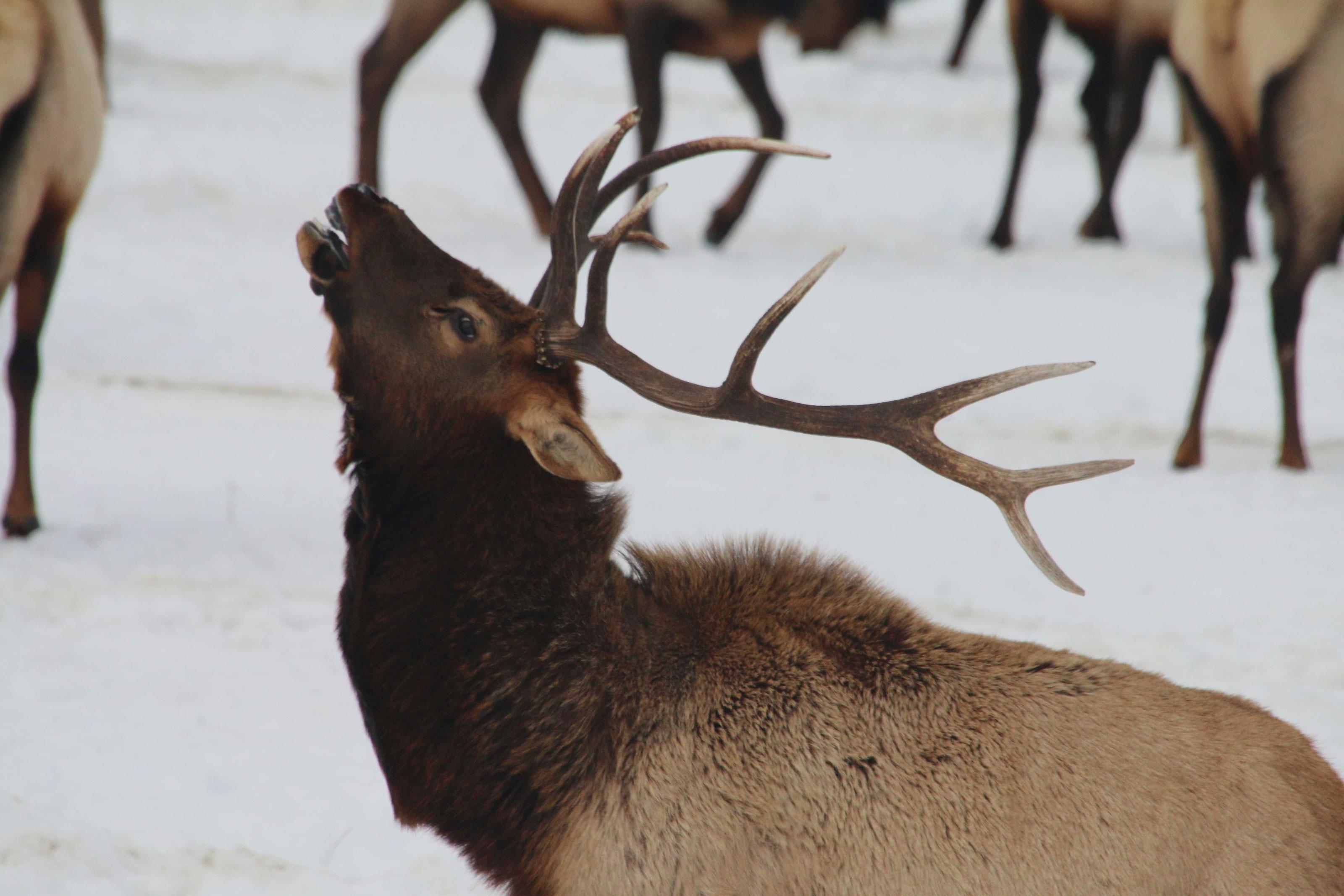
Wild Sounds Of The West: What If You Could Speak Elk?
Hannah Holiday feels like she has a superpower: elk communication.

By Sam Brasch
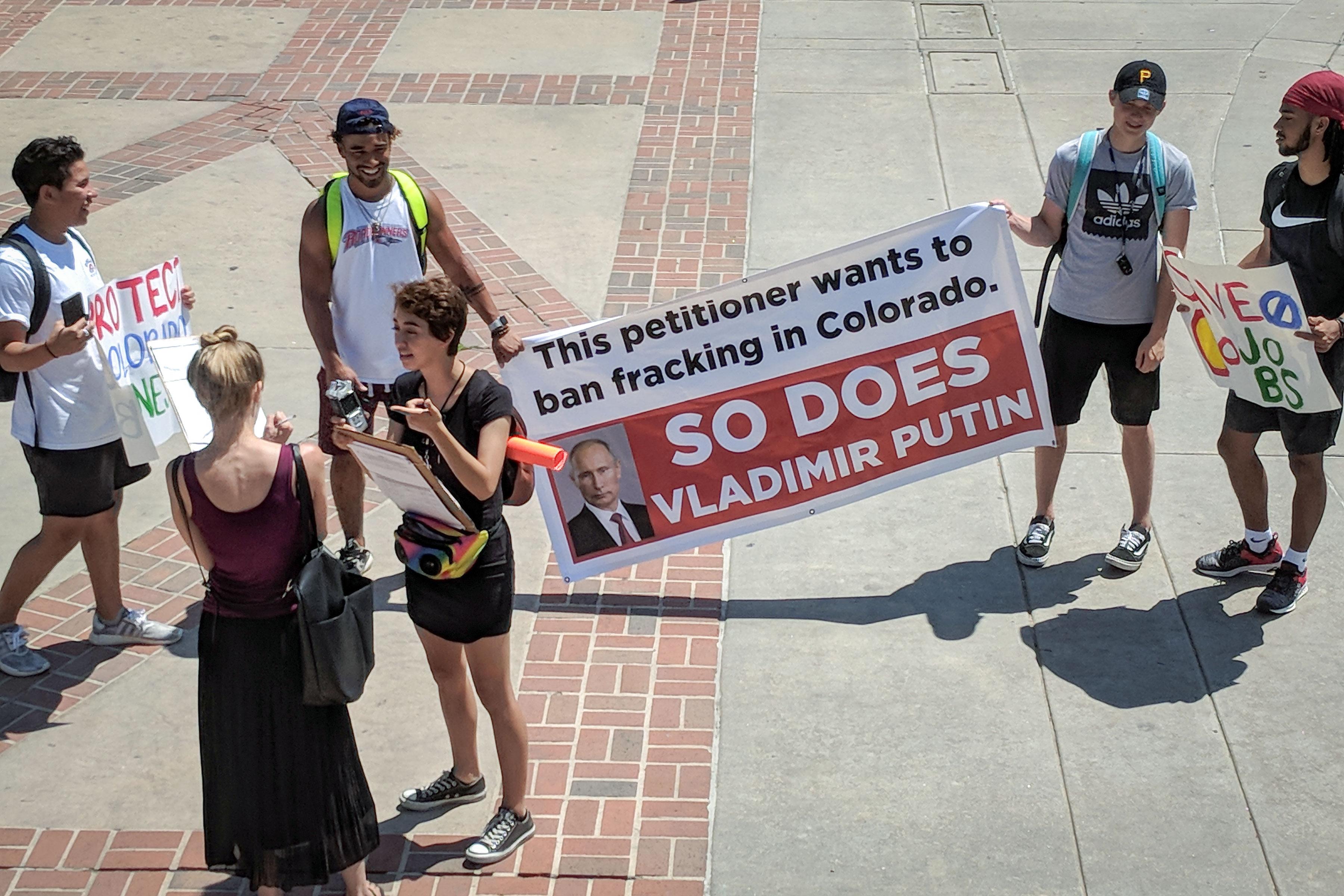
Protests To Slow Signature Efforts: Another Front In Colorado’s Oil And Gas Ballot Battle
Some people call it harassment. Others say it’s fair game under the First Amendment.

By Sam Brasch
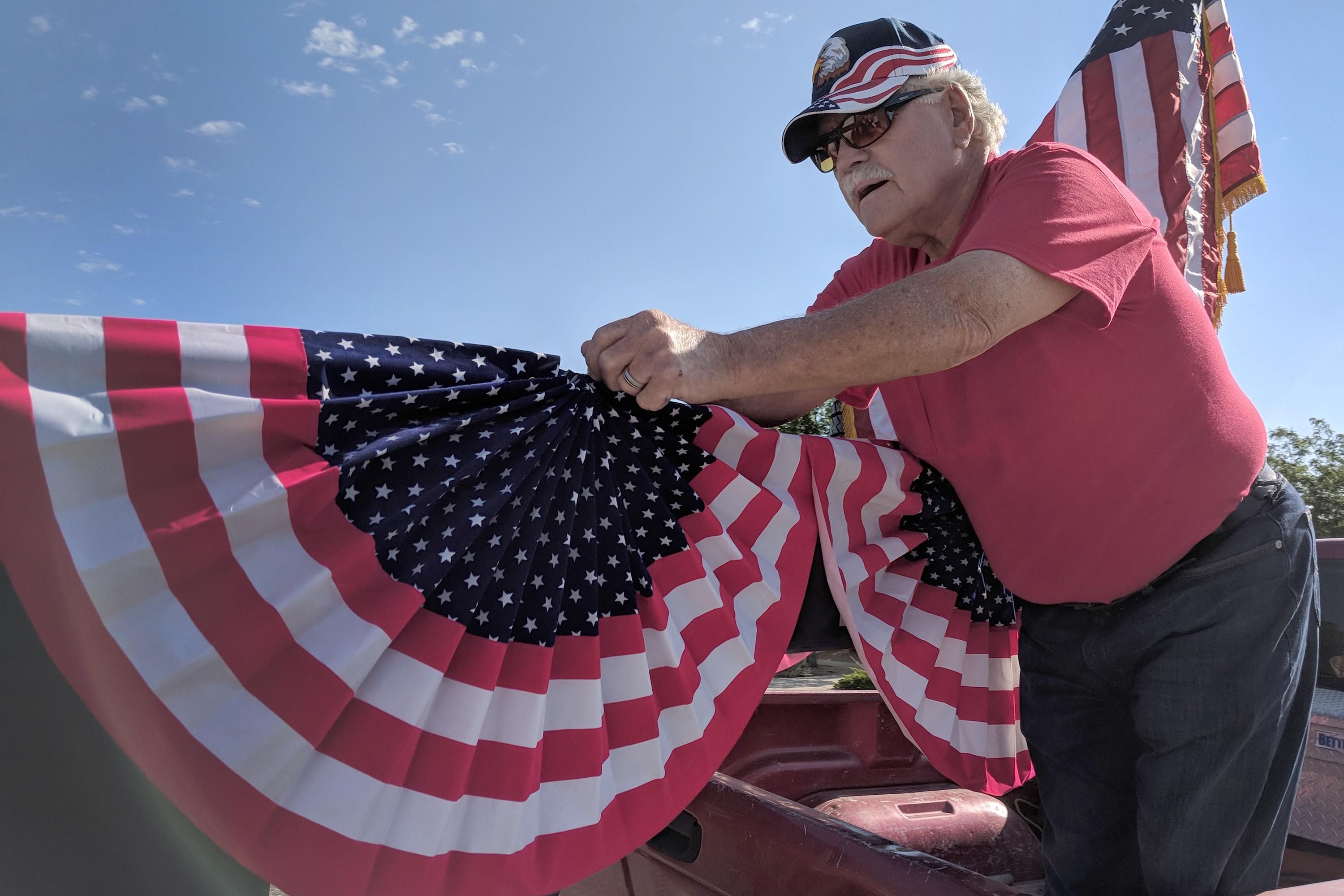
In GOP-Dominated Mesa County, The Immigration Debate Strikes A Chord
While apprehensions at the U.S.-Mexico Border are at historic lows, immigration has become a top issue for Republican voters.

By Sam Brasch
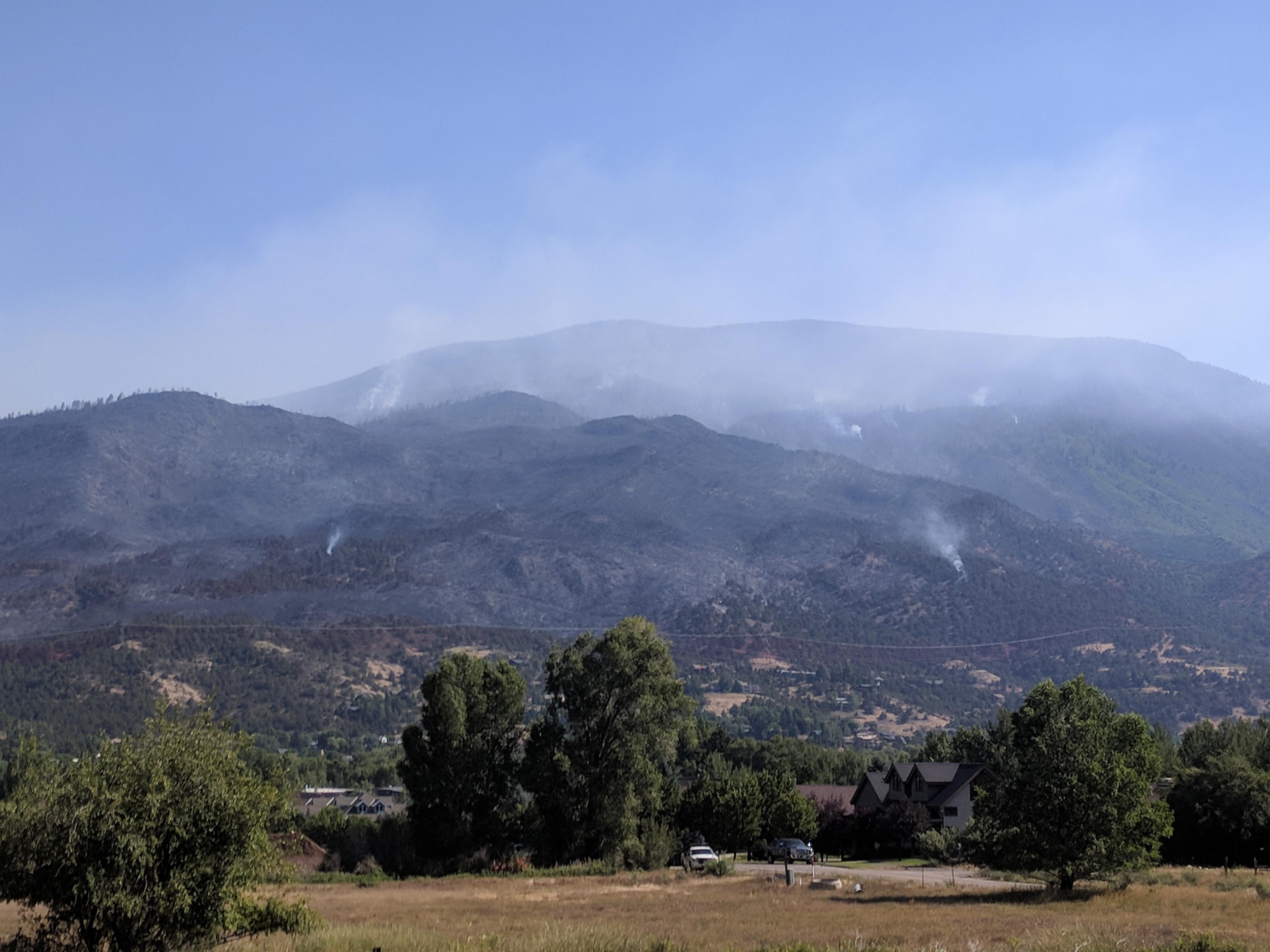
Erratic Lake Christine Fire Takes Basalt Residents And Aspen Workers By Surprise
While a fraction of the size of the Spring Creek Fire, the Lake Christine blaze has forced hundreds of evacuations.

By Sam Brasch
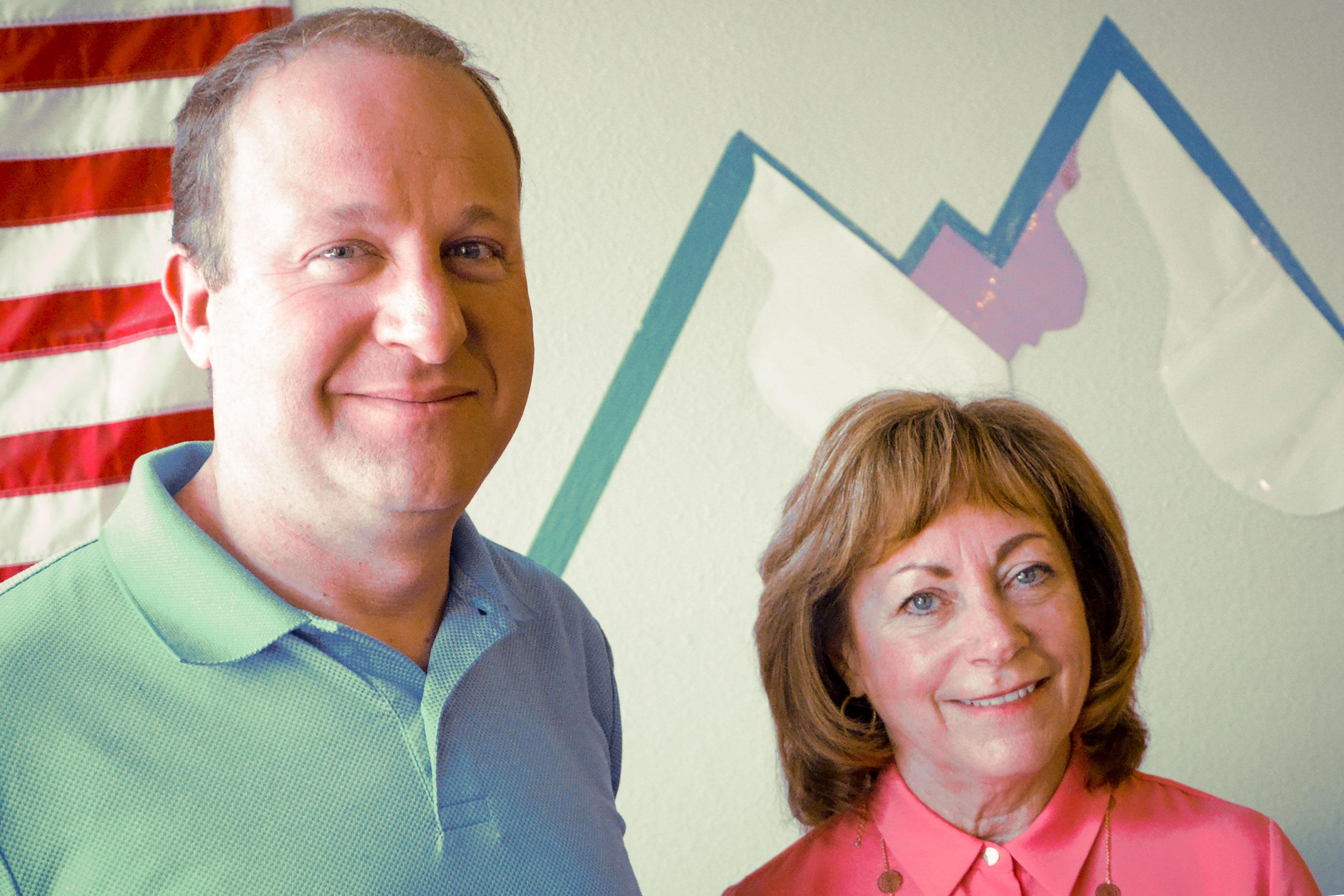
Jared Polis Picks Dianne Primavera As His Running Mate
Primavera brings experience in health care and state government to the Democratic ticket for governor.

By Sam Brasch
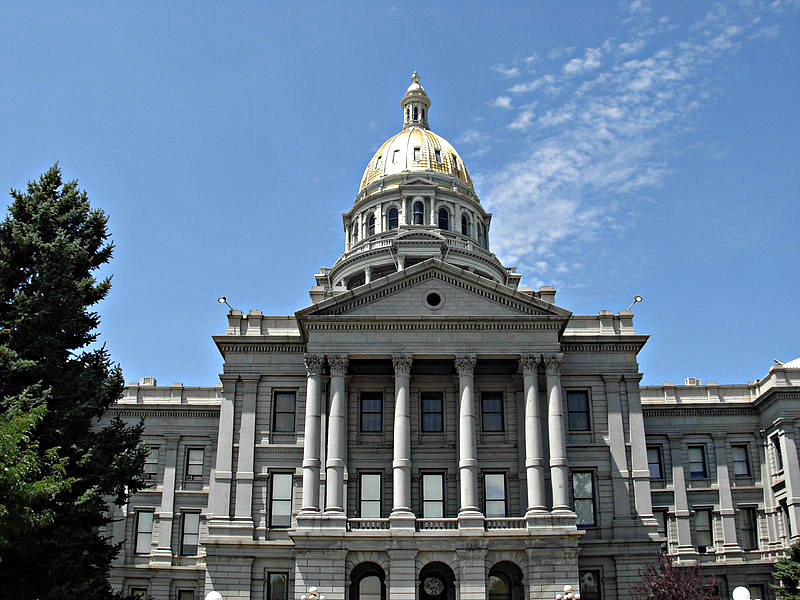
Progressive Candidates Emerge Victorious In Denver’s State Legislative Primaries
A number of female and Latino candidates won their primary races for a seat at the state capitol.

By Sam Brasch
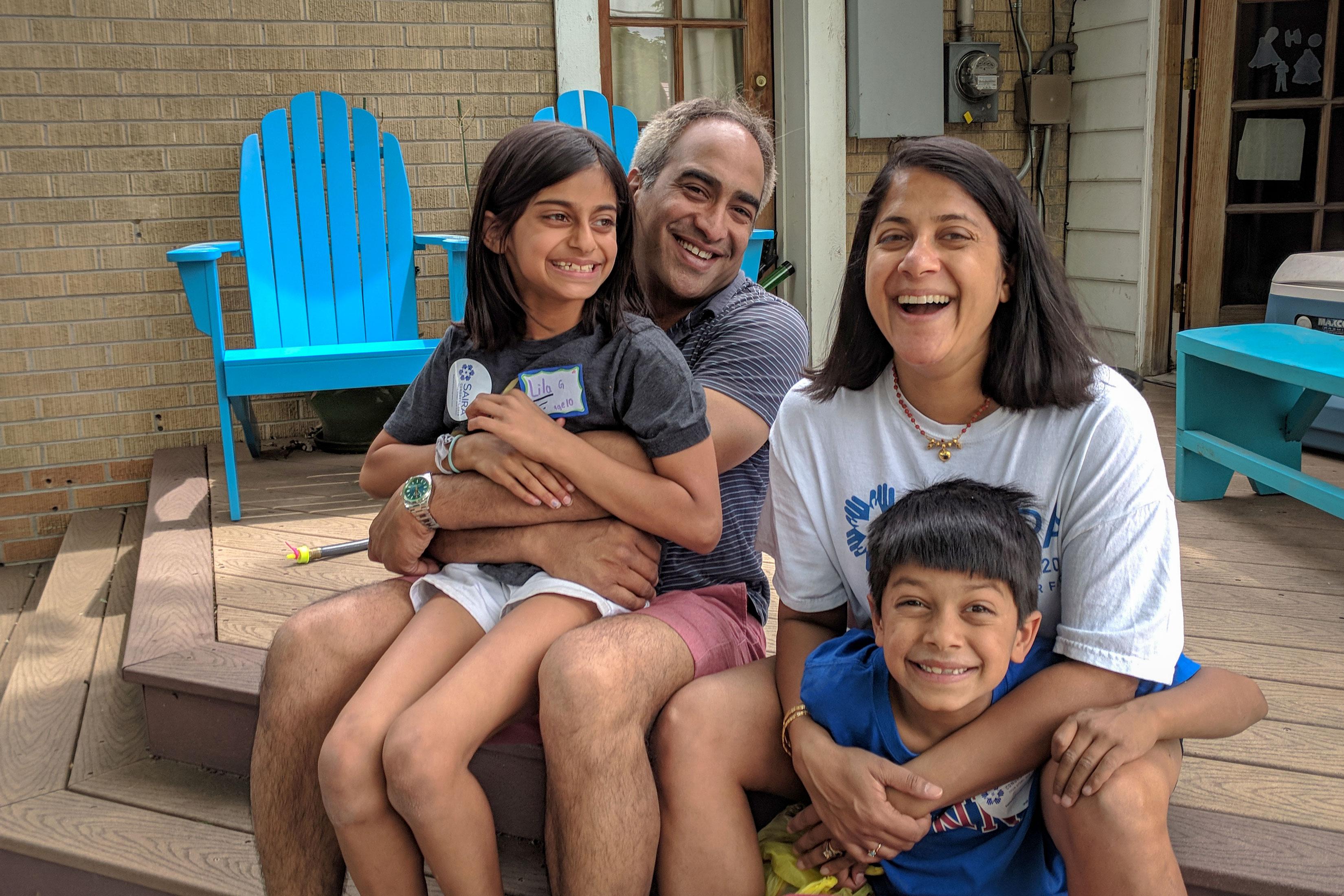
DeGette Challenger Saira Rao Is Taking On The Democratic Party — And White Feminism
After two decades in office, U.S. Rep. Diana DeGette is facing her most serious challenger in years.

By Sam Brasch
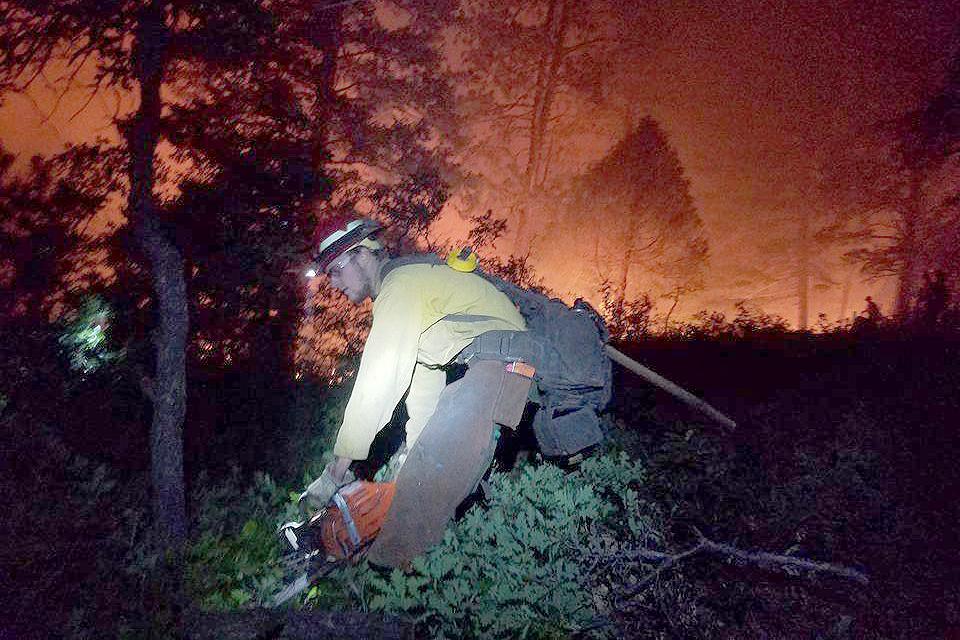
Businesses Take A Hit As 416 Fire And Others Close Highways And Force Residents Out
Ranches, ski resorts and national forests have closed during their peak tourism seasons because of the blazes in southwestern Colorado.

By Sam Brasch
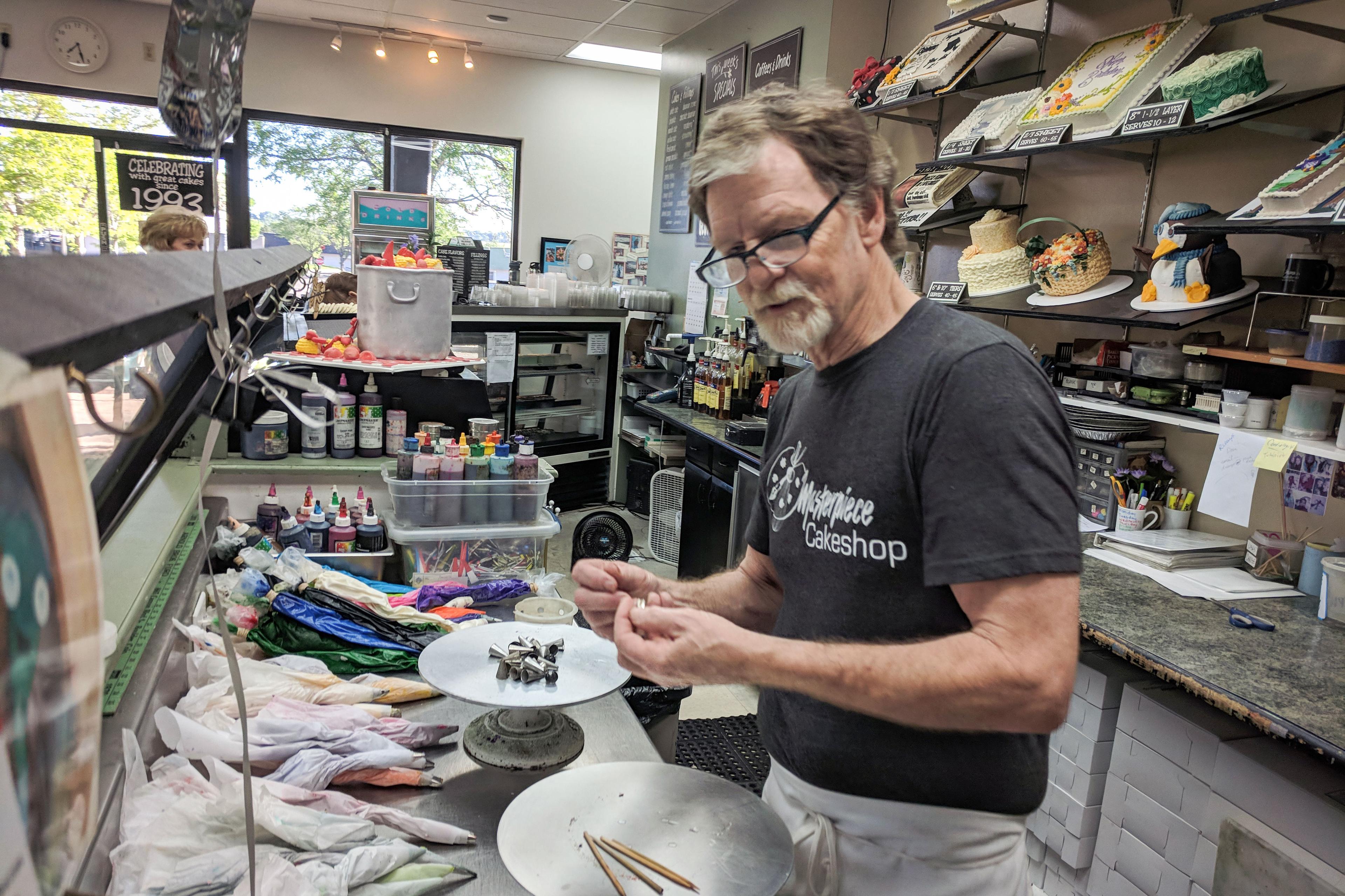
Looking Ahead, Masterpiece Baker Jack Phillips Says His Religion Can’t Be Hidden
Phillips says the six years since his first encounter with Dave Mullins and Charlie Craig has been a trial for his Christian faith.

By Sam Brasch

Denver Has A New Apartment Complex For The Homeless
The Renaissance Downtown Lofts look like many of the other apartment complexes going up in Denver, but it’s “one of a kind in more ways than one.”

By Sam Brasch
